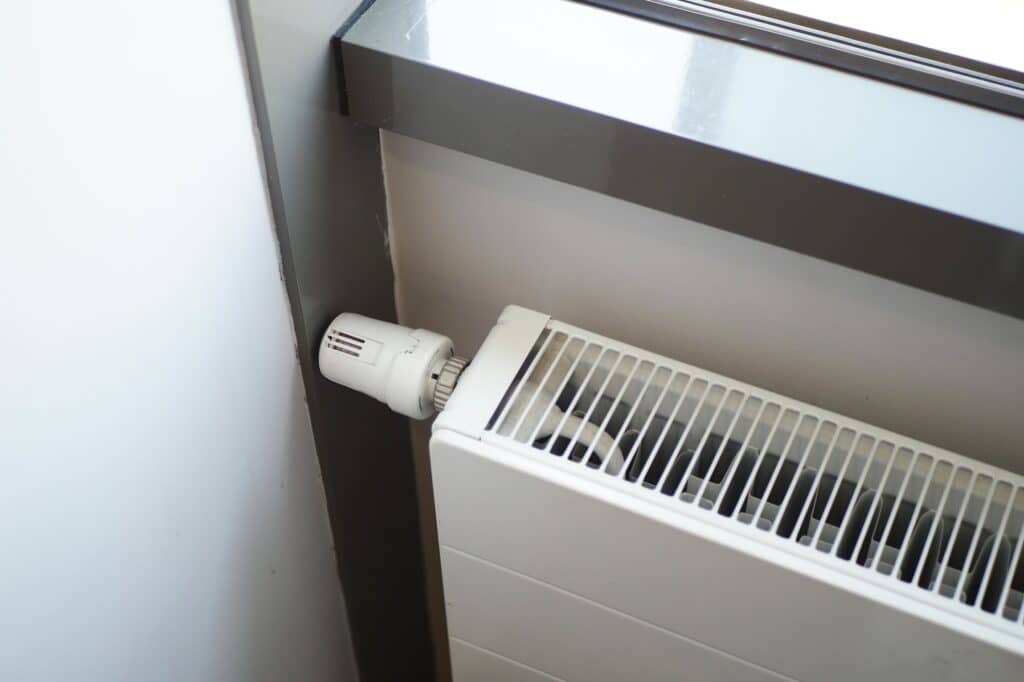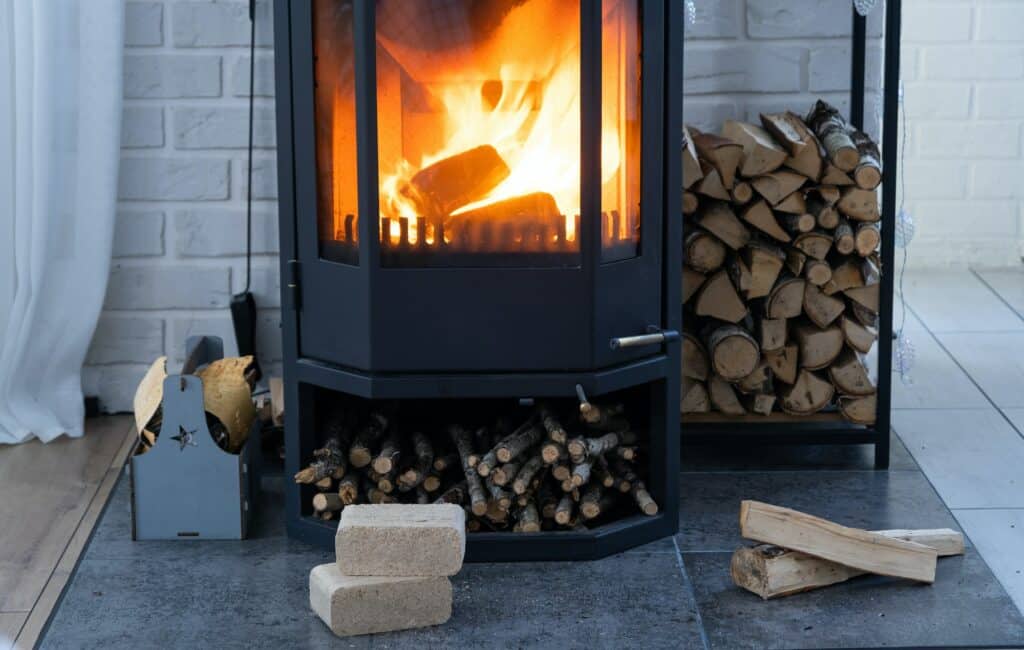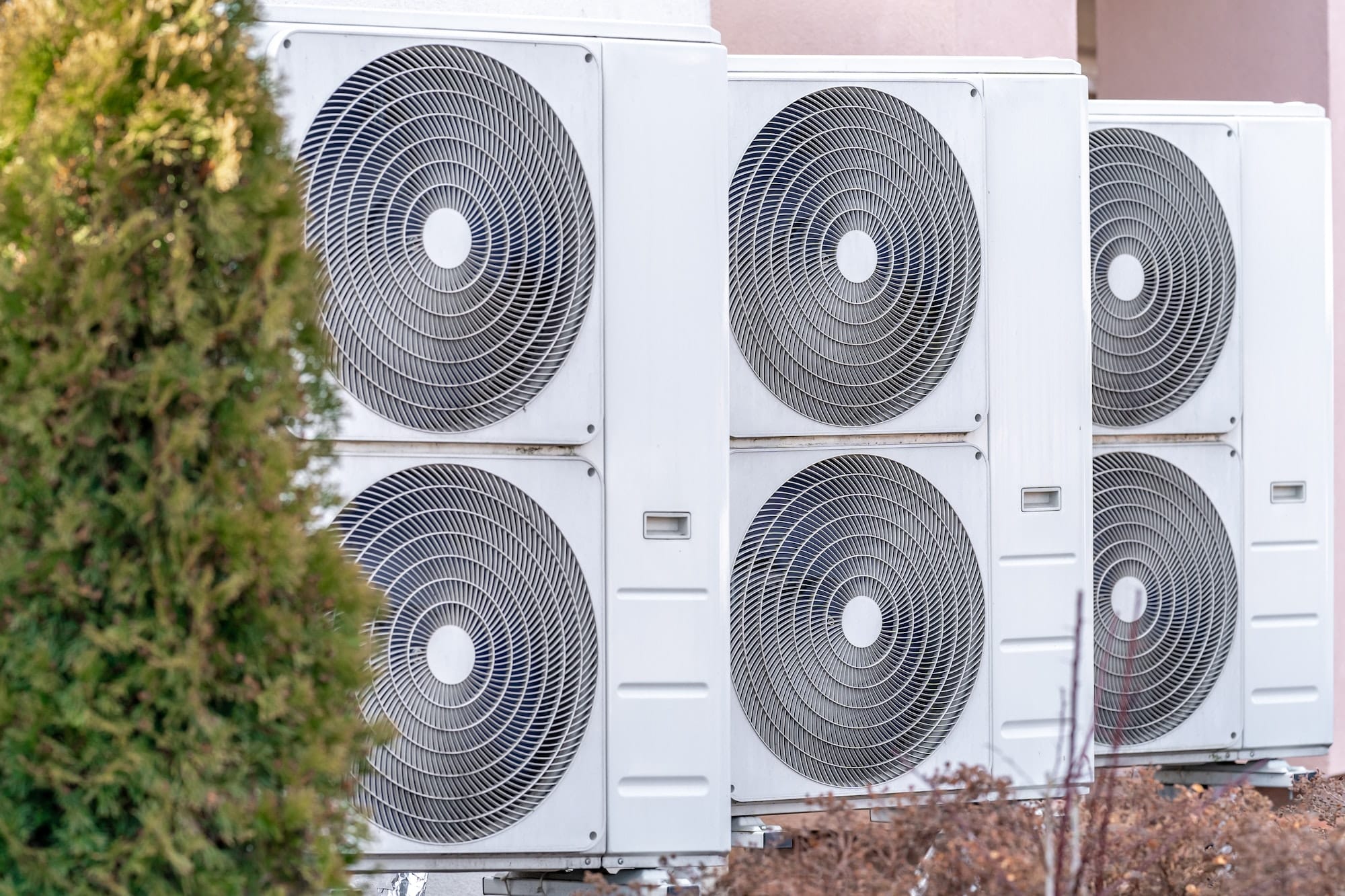When it comes to keeping your home comfortable during the colder months, selecting the right heating system is crucial. Not only does it directly impact your comfort, but it also plays a significant role in your energy consumption and utility bills. With various heating options available on the market, making an informed decision can be challenging for homeowners. In this blog post, we will explore split system heating, a popular choice among many households, and compare it to other heating options.
By considering factors such as energy efficiency, installation costs, and climate compatibility, we aim to help you determine which heating system is best suited for your home.
Split System Heating
A split system heating unit is a versatile and efficient solution for maintaining a comfortable temperature in your home. As the name suggests, this type of heating system consists of two main components: an outdoor compressor/condenser and an indoor air-handling unit.

These components are connected by a conduit, which houses the power cable, refrigerant tubing, suction tubing, and a condensate drain. Here, we’ll delve into the pros and cons of split system heating to provide a comprehensive understanding of its suitability for your home.
Pros of Split System Heating
- Energy Efficiency: Split system heating units are known for their energy efficiency. They use inverter technology that modulates the compressor’s speed based on the heating demand, allowing the system to maintain a consistent temperature while using less energy. This results in reduced energy consumption and lower utility bills.
- Zoned Temperature Control: One of the key advantages of split system heating is the ability to control the temperature in individual rooms or zones. This allows you to customise the comfort level in different areas of your home, leading to increased energy savings and improved overall comfort.
- Quiet Operation: Split systems are designed to operate quietly, as the noisy compressor unit is located outdoors. This results in less noise pollution inside your home, making split systems an ideal choice for those who value peace and quiet.
- Space-saving Design: With the absence of ductwork, split systems take up less space in your home. This compact design is particularly beneficial for homes with limited space or in situations where the installation of ductwork is not feasible.
Cons of Split System Heating
- Installation Cost: The installation cost of a split system heating unit can be higher than that of traditional systems due to the complexity of the installation process. However, the long-term energy savings and reduced maintenance costs often offset the initial investment.
- Maintenance Requirements: While split systems generally require less maintenance than ducted systems, regular upkeep is still necessary to ensure efficient operation. This includes cleaning or replacing filters, checking refrigerant levels, and inspecting the outdoor unit.
- Limited Heating Capacity in Extreme Cold Conditions: In regions that experience extremely cold temperatures, split systems may struggle to provide sufficient heating. For homes located in such areas, it may be necessary to supplement the split system with an alternative heating source.
Other Heating Options
While split system heating has its advantages, it’s essential to consider other heating options to make an informed decision. In this section, we will discuss furnaces, boilers, heat pumps, and electric baseboard heaters, examining the pros and cons of each system.

Furnaces
Furnaces are forced-air heating systems that utilize a fuel source, such as natural gas, propane, or oil, to heat air that is then distributed throughout the home via ductwork. They are a common heating solution in many households.
Pros
- Wide range of fuel options
- Quick and effective heating
- Compatibility with central air conditioning systems
Cons
- Can be noisy during operation
- Potential for uneven heating due to duct losses
- Requires regular maintenance, including filter changes and duct cleaning
Boilers
Boilers are hydronic heating systems that heat water and distribute it through a network of pipes to radiators, baseboard heaters, or radiant floor systems. The heated water transfers its heat to the surrounding air, providing a comfortable and consistent warmth.
Pros
- Provides even, consistent heat
- Can be used for domestic hot water supply
- Quiet operation and low maintenance
Cons
- Typically more expensive to install than furnaces
- Slower to heat up compared to forced-air systems
- Incompatibility with central air conditioning systems
Selecting the ideal system for your home is ultimately a personal choice, based on your individual needs, preferences
Heat Pumps
Heat pumps are versatile systems that can both heat and cool your home by transferring heat between the indoors and outdoors. They work similarly to air conditioners but can also function in reverse to provide heating during colder months.
Pros
- High energy efficiency
- Dual functionality for both heating and cooling
- Environmentally friendly due to reduced carbon emissions
Cons
- May require a supplementary heating source in extremely cold climates
- Higher upfront cost compared to traditional systems
- Requires periodic maintenance, including filter changes and outdoor unit inspection
Electric Baseboard Heaters
Electric baseboard heaters are individual heating units installed along the baseboards of a room, using electricity to heat a series of metal fins that radiate warmth into the living space.
Pros
- Simple installation and relatively low upfront cost
- Individual room temperature control
- Low maintenance and quiet operation
Cons
- Can be less energy-efficient than other heating options
- Occupies valuable wall space and may be aesthetically unappealing
- Potential safety hazards if not used and maintained properly
Each heating option has its unique set of advantages and disadvantages, making it crucial to evaluate your specific needs and preferences when selecting the ideal system for your home.

Factors to Consider When Choosing the Best Heating System for Your Home
Choosing the right heating system for your home is vital for comfort, energy consumption, and overall living environment. Key factors to consider include climate, home insulation, installation and maintenance costs, home size and layout, and environmental impact.
Climate affects the suitability of heating systems; for example, furnaces or boilers may be more appropriate in extremely cold regions, while split systems or heat pumps work well in milder climates. Your home’s insulation influences energy efficiency, and well-insulated homes can benefit from energy-efficient systems like split systems or heat pumps.
Consider installation and maintenance costs when selecting a heating system, balancing upfront costs with long-term benefits and savings. The size and layout of your home determine the heating power needed, with larger homes requiring more powerful systems. Finally, consider the environmental impact of each system, as energy-efficient options produce fewer emissions and may align better with your sustainability goals. Consult a professional HVAC technician for tailored recommendations.
Conclusion
In the end, the perfect heating system is like a warm blanket on a chilly day—it’s all about finding the right fit. We’ve explored various heating options, but selecting the ideal system for your home is ultimately a personal choice, based on your individual needs, preferences, and circumstances. As you weigh the pros and cons, remember that expert guidance is just a call away.
Reach out to Hyde Heating & Cooling, where our experienced professionals are ready to help you navigate the heating landscape and discover the ideal solution for your cosy abode. Don’t leave your comfort out in the cold—contact Hyde Heating & Cooling today and let us bring warmth and peace of mind into your home.





